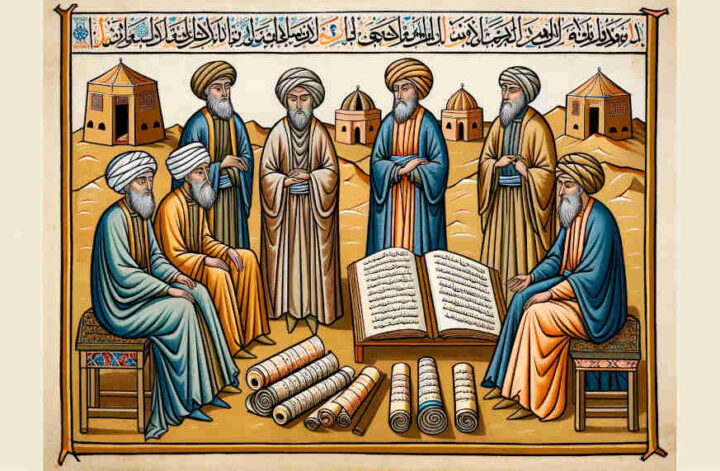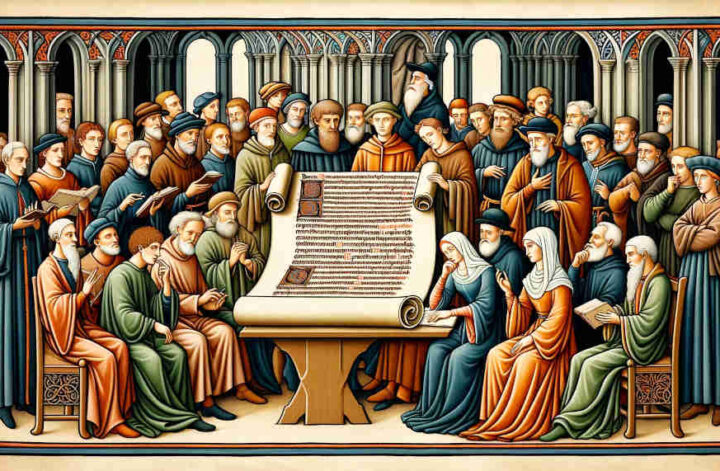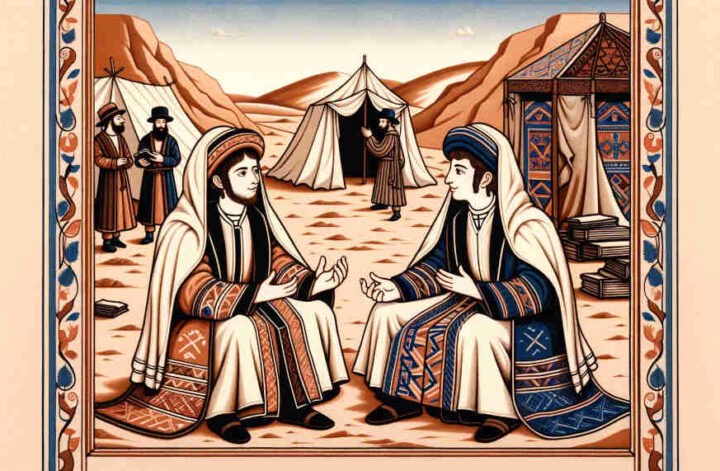Question on the Recognition of Mohammad in Judaism
Email from Sarah Thompson: “Dear Rabbi Joshua, I know that Islam regards Mohammad as the last prophet. Given the shared history of Abrahamic faiths, do Jews believe Mohammad was a prophet?”
Response from Rabbi Joshua
Shalom Sarah, thank you for your question, which addresses the interplay between different religious traditions. Let us explore this from the Jewish standpoint.
Jewish Beliefs Regarding Prophethood
In Judaism, the line of prophets traditionally ends with Malachi, believed to have lived in the 5th century BCE. Judaism does not recognize prophets arising after this period, which includes Mohammad, the founder of Islam.
Respect for Islamic Beliefs
While Judaism does not view Mohammad as a prophet, it is important to note that Judaism teaches respect for the religious beliefs of others. In the spirit of interfaith dialogue and coexistence, Jews acknowledge the significance of Mohammad as a prophet to Muslims without accepting this belief within their own religious framework.
Islamic and Jewish Relations
The Jewish tradition values peaceful relations with adherents of all religions, including Islam. There is a recognition of the shared heritage and ethical monotheism that underpin both faiths, even as there are clear differences in theological beliefs.
Conclusion
Sarah, in conclusion, while Jews do not believe Mohammad was a prophet, there is an understanding of his profound impact on Islam and the importance of mutual respect between our faith communities.
If you have any further inquiries or need clarification on any aspect of Jewish belief, please feel free to ask.
Warm regards,
Rabbi Joshua


